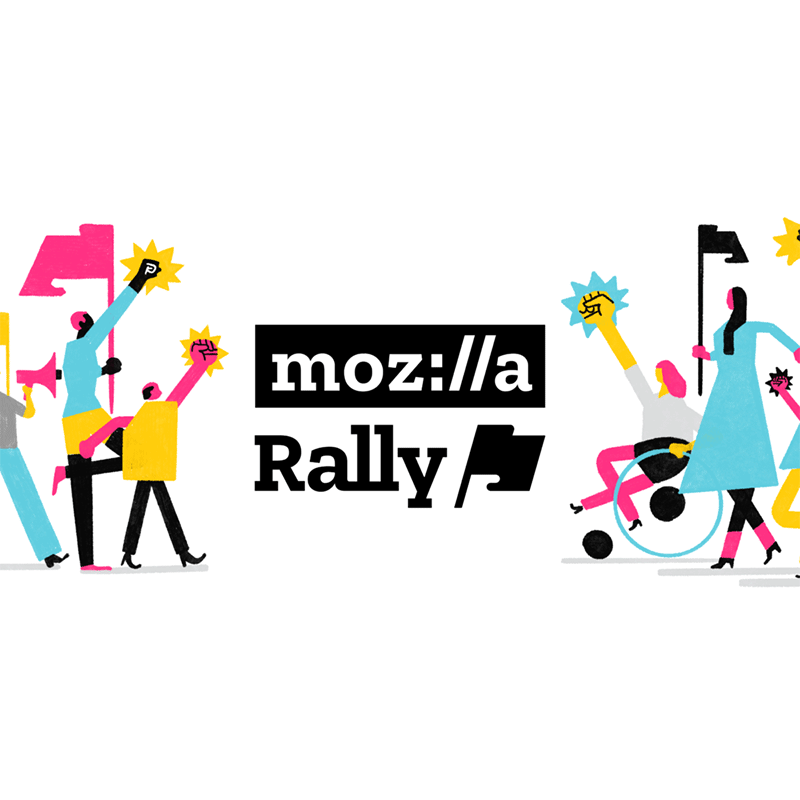
For anyone who is familiar with social media platforms and mobile, should already know that Facebook the social giant is extremely invasive.
While tracking every users' habit while using its own app is normal and acceptable, Facebook goes way more than just that. And that is by tracking people beyond its platforms, to also include the web and everywhere and anywhere they are on the web and mobile. Facebook is so invasive because its business model forces it to do so.
Meta, which has become Facebook's parent company, relies on its trackers in order to understand whatever its users are doing, in order to provide the best of Facebook and Instagram experience, among others.
To some people, this may not matter much.
But for privacy-concerned individuals, Facebook is doing too much.
Browser maker Mozilla announced a partnership with The Markup, the non-profit newsroom that investigates how technology is reshaping society.
And here, the two want to track Facebook, while it is tracking its users.
The goal is to raise awareness of the value of people’s data.
"According to its own privacy policy, Facebook may collect information about you across the web even if you don’t have a Facebook account," the project’s website reads.
"One way Facebook performs this tracking is through a network of 'pixels' that may be installed on many of the sites you visit. By joining this study, you will help Rally and The Markup investigate and report on where Facebook is tracking you and what kind of information they are collecting.”
In the research project which aims to provide insights into and data about a space that is kind of opaque to policymakers, researchers and even the users themselves, Mozilla leverages The Markup’s Facebook Pixel Hunt in Firefox, to unravel how Facebook’s tracking infrastructure is collecting data about people online.
The Markup, which has become a partner for Rally, the privacy-first data-sharing platform that launched as a Firefox extension in 2021, wants to take back control from platforms that are not transparent about how they use people’s data.
And in order to hunt Facebook, Rally works by allowing people to contribute their own browsing behavioral data.
By opting into the 'The Facebook Pixel Hunt', users can help Rally and The Markup learn more about how Facebook tracks people, helping them gather the data Meta collects (including from people who are not Facebook or Instagram users), the sites that share the data and what the data and reveal about people, simply by browsing the web as they normally would.
The things the project gathers from those who opted in, include the data that is sent to Facebook pixels as they browse, the URL they browse, the time they spent while browsing the webpages, the presence of Facebook login cookies in users' browser, the study survey that users complete, the metadata of the visited URLs.
Using the tools provided by Rally, both The Markup and Mozilla can track Facebook, while it is tracking people.
With the data the tools gather, the initiative can help answer questions like: What kind of data does the Facebook pixel collect? Which sites share this data? What can this data reveal about people? What other ways does Facebook track people? How widespread is Facebook’s tracking network?
Because the project involves tracking Facebook, by gathering users' browsing data that can be sensitive, The Markup reporting is aggregated and also anonymized.

According to Ted Han, Rally Product Lead at Mozilla:
"The Internet and the world cannot wait on platforms to do the right thing, especially when so much depends on it. This partnership seeks to lead the way in providing new and critical ways of illuminating the reality of the internet, led by the people who make it. This partnership comes at a time when the consequences of fragmented awareness have never been more stark."
And according to Julia Angwin, editor-in-chief and founder of The Markup:
Before this, Rally has been used to support studies including a collaboration with Princeton University’s Center for Information Technology Policy on news and misinformation about politics and COVID-19 across online services, as well as one with the Stanford University Graduate School of Business on news consumption and the impact of ads.
With this initiative, The Markup becomes Rally’s first non-academic partner.
And as for The Markup, the non-profit has tried to monitor Facebook’s user tracking with a browser extension. In 2020 for example, it launched a program called the Citizen Browser Project, which allowed The Markup’s researchers to gather data about how different platforms, including Facebook, behaved as people used them.
The project managed to give a glimpse of Facebook's tracking method, until Facebook eventually altered its code in a way that made it impossible for the Citizen Browser Project to gather anymore meaningful data.